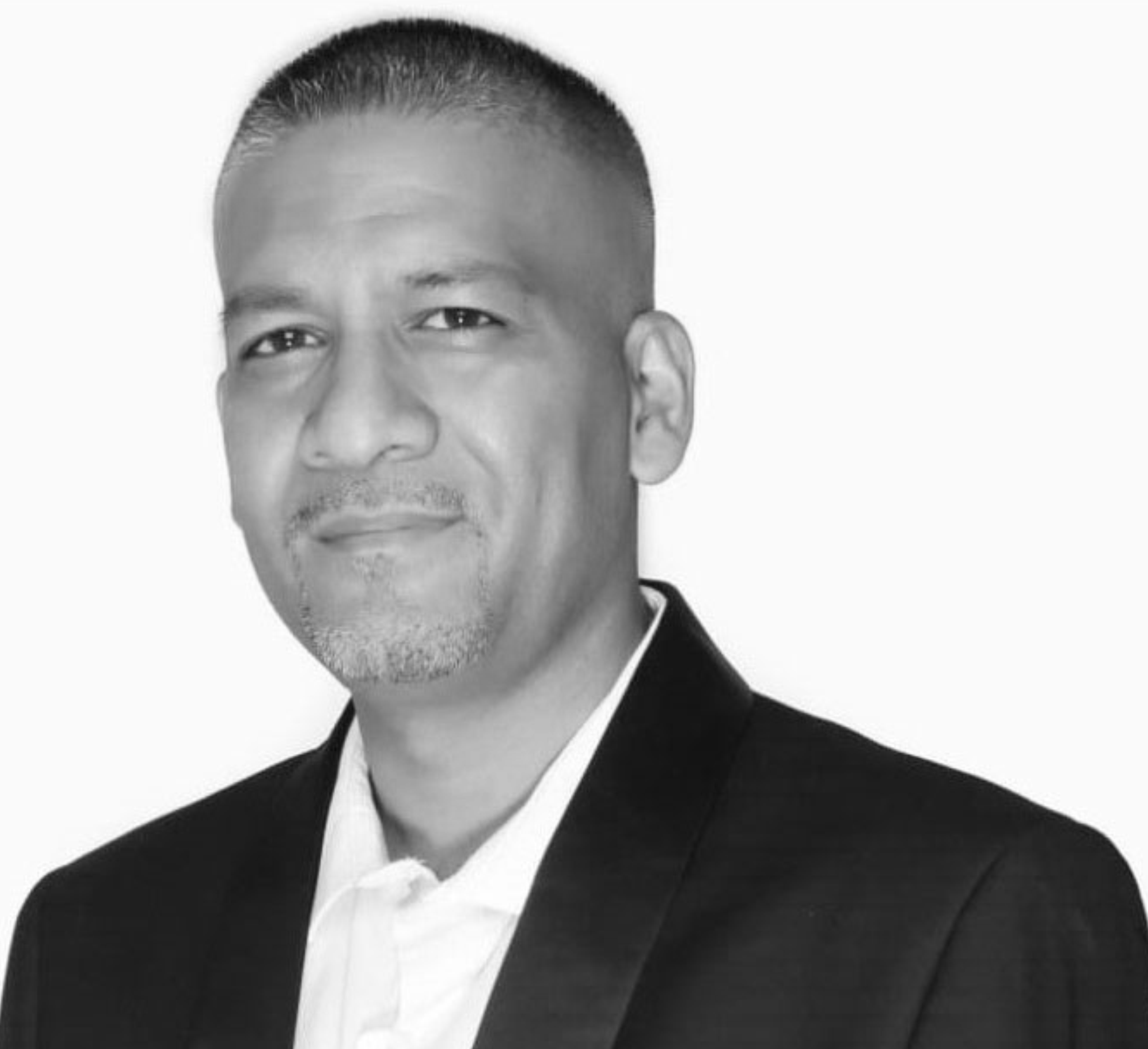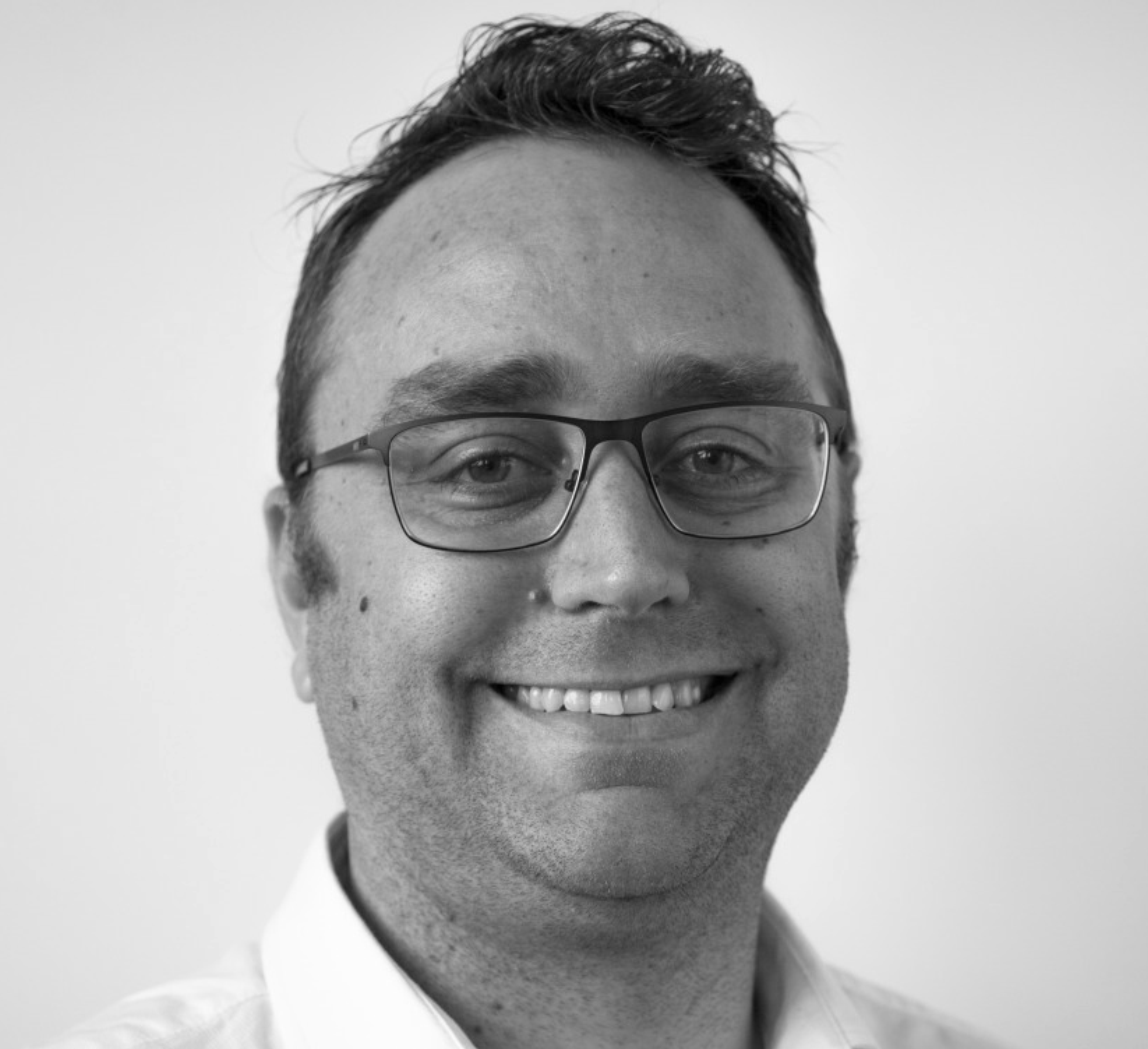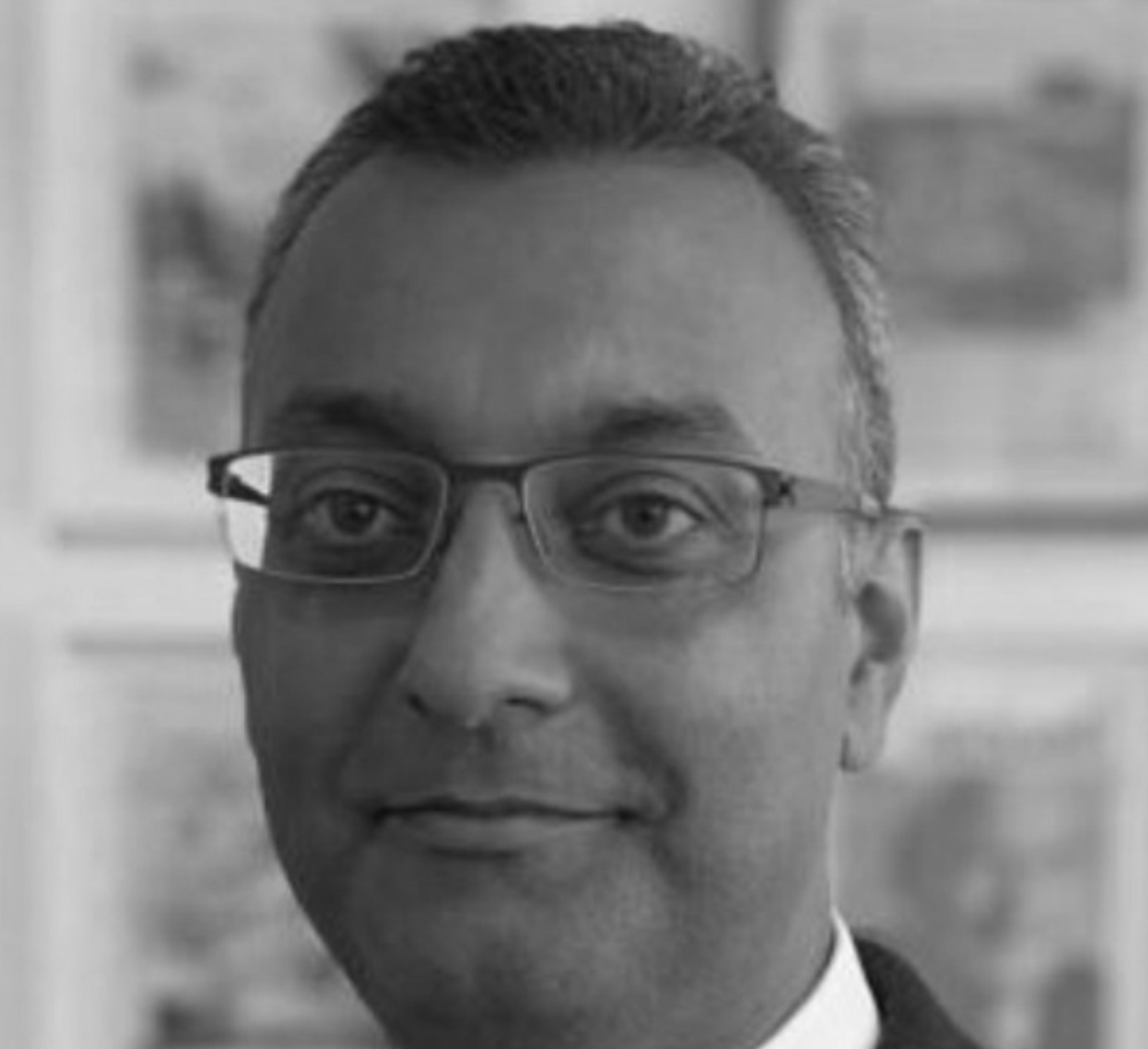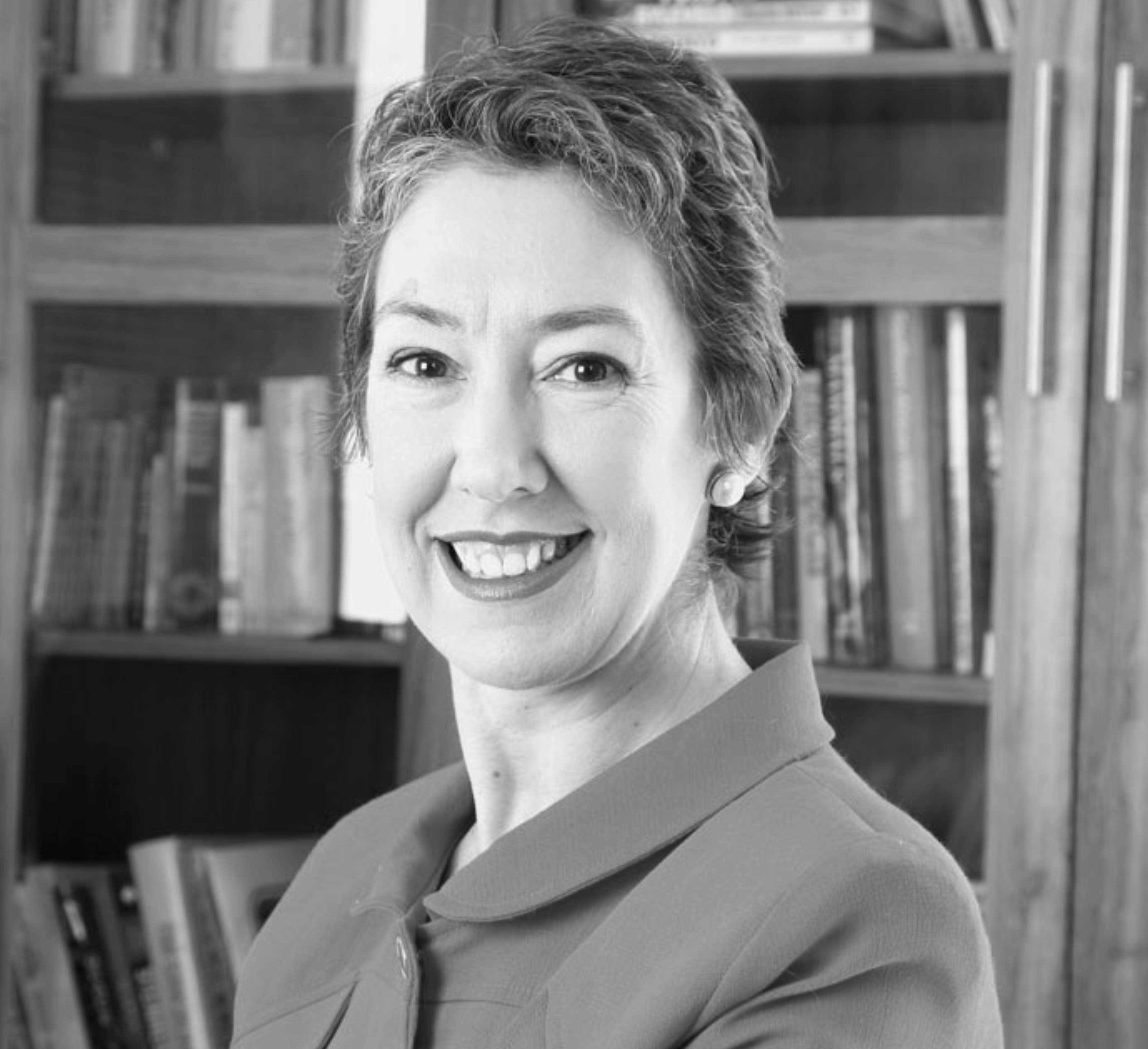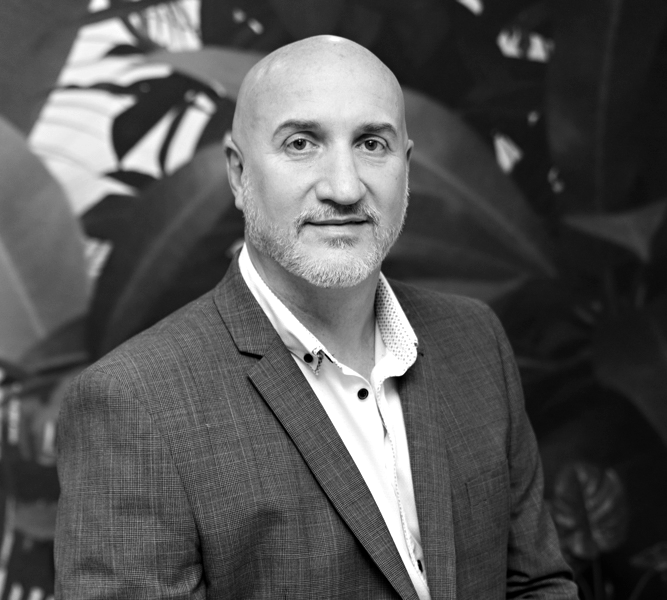151: Nishal Lalla
Maverick CFO Thrives in the Music Industry
RiSA’s Nishal Lalla has solid financial experience, along with valuable skills that he’s gained throughout his career that enables him to be involved with all aspects of business at South Africa’s trade association for record companies.

CIARAN RYAN: Today’s podcast is sponsored by Draftworx, which provides automated drafting and working paper financial software to more than 8000 accounting and auditing firms and corporations. CFO Talks is a brand of the South African Institute of Business Accountants. It’s my great pleasure today to welcome Nishal Lalla, who is CFO of The Recording Industry of South Africa. He previously worked with companies like Hatch Africa, Investec, Dimension Data and Barloworld Logistics. He’s a chartered management accountant with CIMA, with a BCom in accounting from the University of KwaZulu-Natal and in 2014 he completed an MBA with Regent Business School. His MBA thesis on customer satisfaction in the fast-moving consumer goods sector was published by the Canadian Centre of Science and Education. His responsibilities at the Recording Industry of South Africa include managing and execution of finance and operations, HR and IT. So his decision to join RiSA, which is the Recording Industry of South Africa in 2010 provided him with an opportunity to do something special in the creative field. First of all, welcome Nishal, where are we talking to you from today, you’re in the Johannesburg area, I presume?
NISHAL LALLA: Yes. Good morning, Ciaran, thank you for having me, it’s truly an honour to be here. I’m at work in Randburg.
CIARAN RYAN: Tell us about the Recording Industry of South Africa, it’s an unusual organisation, tell us what it does and give us a sense of its size in terms of revenue, staff numbers and that sort of thing.
NISHAL LALLA: RiSA is the acronym for the Recording Industry of South Africa. Basically, we are the trade association of South African record companies, and we have members who have an economic interest in music. So our mandate includes, we represent the rights of our members via licensing of music, lobbying, issuing sales certification, which means you would have heard an artist who goes onto social media and mentions they have gold or silver or multi-platinum certification, RiSA is the only industry body in the country that is allowed to issue you that certification. We also organise the biggest music awards in South Africa, which is the South African Music Awards, which is equivalent to the US GRAMMYs. Last week was a very instrumental week in South Africa, where RiSA introduced the first official SA streaming charts in the country. [Unclear] RiSA Audio Visual, where our members have mandated us to license their music, which is to broadcast it. We also license bars, restaurants, in-store radio stations, shopping centres and everywhere else that plays music. If I can sum it up in a nutshell, RiSA is the voice of the recorded music industry in South Africa. Revenue streams, last year in 2020 the SA market side was about R869 million, of that RiSA’s revenue varies between R80 million to R100 million. Our staff complement, we try to keep a very well-oiled, lean organisation with about 18 full-time staff and whenever we have new assignments or projects we obviously get in ad hoc staff., which can vary anywhere from 18 to 40.
CIARAN RYAN: I’m quite interested to drill down on the one thing you mentioned there that you’ve now launched the streaming service, which I guess is another revenue stream for artists in South Africa. Is that correct?
NISHAL LALLA: One hundred percent. What happens is our members are all music companies, so it’s either a one-man band music company or your international music companies. If your song has been streamed by any of the [unclear], you’ll obviously get a royalty out of it. So that’s basically in a nutshell how it works. It is a revenue stream for our artists, especially now where the physical sales market has taken a huge dive, it’s on a downward spiral and we recognise that streaming is on the uptake and our artists are seeing the benefit of that.
CIARAN RYAN: How vibrant is the South African music industry? You talked about total revenue for music being R869 million, is that a big number, is that a small number, how do we compare that with something just to get a sense of its proportion?
NISHAL LALLA: We are members of an international body called IFPI, which is the International Federation of the Phonographic Industry. In every country there is a RiSA equivalent, for example, in America you will have the Recording Industry Association of America. In South Africa or in Africa obviously I can say we are the number one but when it comes to the world, we are probably between 20 to 25 in the world in terms of numbers.
CIARAN RYAN: Okay, that’s not bad, 20 to 25 in terms of music sales does indicate that the music industry in South Africa fairly vibrant on an international scale. Would that be a fair assumption to make?
NISHAL LALLA: Absolutely.
‘Being in the music space and the entertainment space, it’s very difficult to work from home.’
CIARAN RYAN: Let’s talk about the job itself now, you said you’re talking to us from an office in Randburg, do you operate from home or is it a hybrid of home and office or how is that working during this whole Covid lockdown period?
NISHAL LALLA: Since Covid started, we have been working from home, but we’ve started implementing a hybrid system where on certain days we have a few staff members in the office. So we are slowly getting the staff used to working in a hybrid system. I think we will continue working with a hybrid system probably until next year and then we can see how it goes from there. But being in the music space and the entertainment space, it’s very difficult to work from home because you need everyone in the same room to discuss ideas and to throw ideas around. So it’s been very difficult in lockdown to work from home and having staff all over the place but we have to manage with what we have.
CIARAN RYAN: What drew you to accounting in the first place, did you grow up as a youngster thinking I’m going to be an accountant, I’ve got a love for figures or how did that start?
NISHAL LALLA: All through high school I remember being good at two things, one was that I excelled at sports and the other was accounting. One became a long-term passion, which is sports, and the other, naturally, became a career. Numbers always came easily to me, and I loved accounting in school. I could do accounting all day, so my affinity for numbers drew me towards being an accountant. So I think it was in high school when I realized accounting would be my career.
CIARAN RYAN: Tell us a bit about your career path, where did you grow up, go to school and then, obviously, we mentioned in the intro that you went to Regent Business School for an MBA, but just give us a bit more background on that.
NISHAL LALLA: I grew up in central Durban and I went to school in Durban. Then after school I went to the University of Natal in Durban, and I studied BCom accounting. While I was studying for my BCom I also wanted to gain experience on what it is to be an accountant because now we realise that what you learn in university out of the textbook, it’s not the same in business when you’re behind a desk. I looked to join a small accounting firm in Durban and, as one knows, at university we’ve got the June holidays and the December holidays, where we had a few months off, so I worked part-time to gain experience in a chartered accounting firm in Durban. During my third year in university, I started applying for jobs in Durban and Johannesburg. At that time, I think it was probably during the middle of my third year, an engineering company in Johannesburg called Hatch Africa called me for an interview. So I came up to Johannesburg, I did the interview, it was for an accounts clerk and after two weeks they called me to say that I had got the job on the basis that I completed my degree. So obviously it was a motivation and an inspiration because you want to finish your degree and you have a job in Johannesburg. But that also meant I had to relocate from Durban to Johannesburg.
CIARAN RYAN: Just before you go on, what is Hatch, what do they do?
NISHAL LALLA: Hatch is a consulting company in the engineering space, so all your civil and mechanical engineering, they consult on engineering projects. So once I finished my degree, I took the big step of moving to the city of gold and I joined Hatch Africa. I would say I was there for just over four months and Hatch lost a lot of big projects, so I was one of four people in the finance department who got retrenched. So that was an eye-opener for me, I was in Johannesburg, a new place, no friends but anyway, I didn’t let that [unclear]. I started applying for other jobs and Investec called me for an interview. After about five rounds of interviews, I was offered the role of accounts clerk at Investec in the group finance department. I worked there probably for about two years, and I applied internally for an assistant accountant role in the private bank and I was successful in that role, assisting treasury and [unclear] accounting in private banking. I worked in that role for about three years and then I moved onto Dimension Data as a project accountant. I was at Dimension Data for a very short while when an agency called me to ask if I’d be interested in a financial manager role at a startup stockbroker but they were part of a larger [asset] management company. I thought this was an ideal opportunity for me to make my mark in the finance department because it was a startup, they wanted someone to start up their accounting department from scratch and obviously with time, try and get the [unclear] running as well. For me, it was a massive learning curve, you either swim with it or you sink. I was there for just under four years and I would say that this was where my finance and accounting career really took off in terms of gaining experience in finance accounting, managing staff and also [unclear] really helped me. After four years at UC Securities, the stockbroker, I then moved to Barloworld Logistics as head of finance for the Nike contract. I was at Barloworld for just over a year and, again, an agency called me to say that there’s a role at the Recording Industry of South Africa as a financial manager, would I be interested in looking at the role. At that time, I did not even know that there was an industry body that regulates the music industry. I did a bit of Googling, searching and speaking to people and I thought this would also be a fantastic step because I hadn’t been in an industry such as entertainment and music, so why not take the plunge. I was the financial manager at RiSA for about five years and then I got promoted to CFO. My role at RiSA involves everything, so it involves some sales, from the sales department to the licensing department, to project managing and running the biggest award show in South Africa. So I am involved in all aspects of the business at RiSA.
CIARAN RYAN: You’ve been there since 2010, so clearly, you’ve found your calling there, there’s something quite sticky about the position that you’re in, you stuck with it.
NISHAL LALLA: When you’re learning and you’re growing at the same time, and you’re also having fun, why would you move, in a nutshell. I learn new things every day. Like I said, when I joined the music industry, I didn’t know that an industry body such as RiSA existed, so I learnt a lot. It also gave me the opportunity with time, where I took on more responsibilities, more staff, and being a business partner to my CEO. That also encouraged to go and do my MBA, which I completed while I was at RiSA, and my CIMA too while I was at RiSA. So it really helped me to grow as a person and for my career.
CIARAN RYAN: It’s interesting that you went the CIMA route, management accounting, rather than the CA, chartered accountancy, route or the other options that would be available to you. But was it management accounting that really was the drawcard for you, that’s what you wanted to do, was to be able to have the tools there as an accountant to advise and eventually take over as a manager in a business?
NISHAL LALLA: As I mentioned, when I took on the role at RiSA I did not want to stop my learning, you learn all the time and I needed to get some sort of professional qualification. I looked at the various options and, obviously, when I took on more of an operations job, I looked at the MBA because it’s more suited to manage the business and staff, HR and IT. Once I had done my MBA I thought, okay, where next because learning does not stop. So I looked at CIMA and especially for the space I am in, yes, you look at historic numbers but it’s more about adding value, it’s more forward-looking, it’s more about advising, being a business partner to the business itself, how do you make strategic decisions that can help the business to move forward. These are all the tools that a modern CFO needs in today’s world.
CIARAN RYAN: Okay, how much of what you do is accounting? How much is management of people and maybe give us an idea of how big your team is?
NISHAL LALLA: When I first joined RiSA it was majority accounting because we had to get the processes and controls into place. As time went by, when all the processes were in place, I became less and less involved in the nitty-gritty of the numbers. I still get involved in the numbers and I don’t think I will ever stop because numbers were my first love, but now I am just involved at a very high level. A large portion of my role now, like I said, is being a business partner to my CEO. Although I have a passion for numbers, I don’t just want to be a finance specialist, I always wanted to be involved in all areas of the business. I believe as a CFO you can’t sit behind a desk and manage staff, you have to roll up your sleeves and get your hands dirty in all aspects of the business. The staff complement that I oversee is about nine on the finance and operations side. As I mentioned earlier, it’s very niche, so our HR, marketing and IT are outsourced, which I oversee as well. So if I need to take that into account, I’m probably looking at anything between nine to 15 or 16 staff members.
‘You always need to aspire for more but never lose track of who you are.’
CIARAN RYAN: What would you say was the best lesson you learned in your career?
NISHAL LALLA: Ciaran, I learnt that being a significant asset to the business is extremely crucial. For me, education is key, as you always need to improve yourself. One needs to add value in anything that you do in life, but you’ve got to have fun at the same time. In life, you always need to do things for a purpose, and I just want to share a quote by [unclear], you need to keep your feet on the ground and keep reaching for the starts. For me, that is so true because you always need to aspire for more but never lose track of who you are throughout your journey.
CIARAN RYAN: Are there some things that you’re only going to learn through experience that you’re not learning in the academies and the classrooms, and what would those things be?
NISHAL LALLA: I would say it’s a bit of both. For example, in a classroom you don’t learn [unclear] cash book when you start as an accountant. Yes, you’re a student behind it but you don’t actually have on-the-job training, which is also one of the reasons why when I was studying I wanted to work part-time into an accounting firm and see exactly what happens. For example, how to manage staff, how to treat people. Yes, you can learn the do’s and don’ts from a textbook but on-the-job experience and training is so important, especially on leading people because everyone is different, everyone reacts differently, so you need to adapt your style according to your staff, and that you can’t learn in a classroom. For me, I would say experience plays a very big role.
CIARAN RYAN: You’re probably aware that there’s quite a lot of research that’s happening around this area, what is the function, what are the disciplines, what are the skills that are required of the modern CFO. South Africa is a little bit of an exception to the rest of the world, if you look at Europe, a lot of the people in the CFO positions come from different disciplines outside accounting, that would include things like engineering and town planning and administration, all sorts of weird and wonderful things, but they end up in the CFO position. Research out of Canada suggests that the real qualities and disciplines that are required of a CFO, like team leadership and communication, how do you tell the story of the business in numbers in a way that can be understood easily by people at all levels. The South African Institute of Business Accountants in recognition of that came up with the CFO (SA) designation, which is really in recognition of people who’ve got the experience and have built up a track record of refining and honing those skills over time. What’s your take on that, what we’ve been talking about here, these different skills and disciplines for the CFO, are you in agreement with that?
NISHAL LALLA: I would say I’m in agreement with that because, as you say, a modern CFO is, you can’t sit behind a desk and run a business, you have to understand the business. You’ve got to be a business partner and when you partner with a business, you have got to know every single department in the company, you’ve got to understand the numbers but more importantly, as you mentioned, your numbers tell a story. So you can’t interpret variance analysis and say, okay, and make a decision. [Unclear] how do you improve the business. I agree, a modern CFO doesn’t have to have all the technical knowledge, if there is something very technical, you have experts in today’s world. If you have a tax problem, you don’t need to know everything, you can get a tax expert to do it. For me, yes, I agree with the statement.
CIARAN RYAN: Interesting. Now, let’s just talk about what you do when you’re not doing accounting and you’re not with the numbers in front of you. What do you do in your downtime, what are the things you do to relax?
NISHAL LALLA: I enjoy spending time with my wife and my two daughters. Recently we started hiking, just to clear our minds, recharge our batteries and enjoy nature. For fun and exercise, I still play social football, even after two knee surgeries I still go out and play social football just to relax and get your mind away from things.
CIARAN RYAN: Where do you go hiking?
NISHAL LALLA: We’re trying to explore different routes in Johannesburg, we’re only about a month or two into it, so it’s pretty new for us, we enjoy it.
CIARAN RYAN: Good and you’ve had two knee surgeries as well, you probably abused those poor knees with football in your younger days and now you’re paying the price, right?
NISHAL LALLA: Most definitely and it was two surgeries on the same knee.
CIARAN RYAN: Wow, okay and how old are your daughters?
NISHAL LALLA: My daughters are 15 and 11.
CIARAN RYAN: Okay and are they on board with the hiking?
NISHAL LALLA: They love it, at first, we thought they wouldn’t but they also love the outdoors and spending time in nature. We mostly do it in nature reserves where there are animals, and they love animals. So they are completely on board.
CIARAN RYAN: Good. Final question, Nishal, are there any books that you would recommend for our CFO community?
NISHAL LALLA: Ciaran, to be honest, I don’t get much time to read books. I mostly reading business articles or accounting articles. If I had to recommend a book, it would be The 7 Habits of Highly Effective People by Stephen Covey. I think it’s the basis that we need to apply to our everyday life. The way we see the world is entirely based on one’s own perception, so in order to change any given situation, we must change ourselves and I believe that.
CIARAN RYAN: It’s a very popular book with a huge number of people in business because it’s about creating the right kinds of habits, getting rid of bad habits and putting better habits in place, right?
NISHAL LALLA: Exactly and I believe that as a leader if you apply the seven habits, it will help you to be a better leader for yourself. It’s a very good book and a very popular book, as you mentioned.
CIARAN RYAN: Lovely stuff, Nishal, we’ll leave it there. That was a fascinating discussion, I really enjoyed that. It’s unusual because of the industry that you’re in, your career path, the way you came to be where you are, I think you’re probably a bit of a maverick, rebel and you’ve got to be to survive in the music industry, that’s the home planet for rebels and mavericks.
NISHAL LALLA: Yes, you’ve got to survive in this industry because it’s a very dynamic industry and you’ve got to be agile and able to adapt because it changes on a daily basis.
CIARAN RYAN: Nishal, let’s stay in touch. I’d like to see how this industry develops over the next six months or so and please come back on again and give us an update when we’re a little bit closer to the end of the year or early next year.
NISHAL LALLA: Ciaran, I just want to thank you and the South African Institute of Business Accountants for hosting me and affording me this platform to share my experience and knowledge.
Again, it’s truly an honor to be here. Thank you so much.

